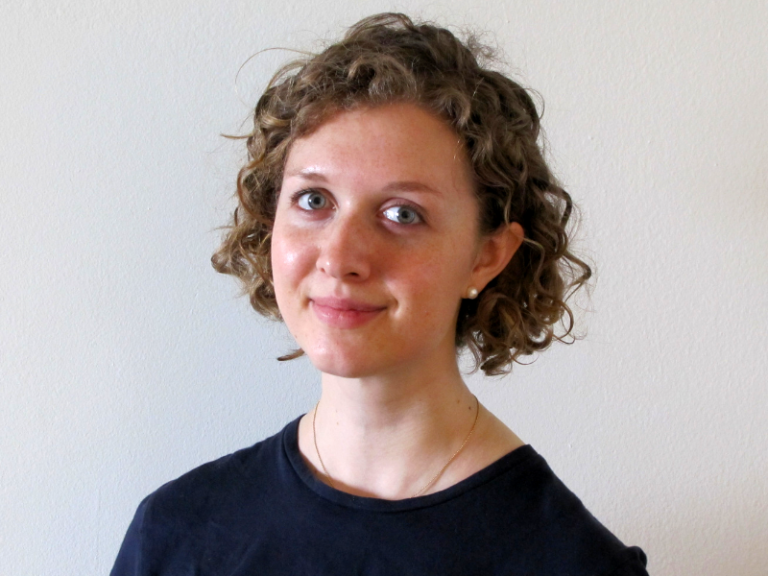Volunteer Stories: Emilia Morano-Williams
5 June 2019
This National Volunteers Week, we're celebrating the many alumni volunteers who make a huge contribution to the UCL, including Emilia Morano-Williams who volunteers as an alumni mentor in New York.

From career guidance and advice regarding specific job applications to sharing general insights into workplace culture, our alumni mentors have helped hundreds of alumni to find their direction after study. But what does it mean to be a mentor? And does volunteering in this way help you in your own journey?
Emilia Morano-Williams (MA European Culture and Thought, 2016) believes so, and for her, being an alumni mentor has given her the chance to discover more about herself. She says: “Being a mentor means I have the time to reflect on my own career. There aren’t many opportunities, apart from appraisals at work, to think about how you’ve progressed, what you want from your career and how you got to where you are.
“I think it’s a really valuable experience and a valuable exercise. It’s nice to think about where you’ve gotten to and how that can help people on a very basic, human level.”
Finding your own path
Based in New York City, Emilia is a US Trends Reporter for Stylus Innovation + Advisory. Before landing this role, Emilia took inspiration from her studies and spent time working freelance in the food media industry. For her degree, she researched the marketing of Italian food and the languages surrounding it. “It's still a topic I enjoy reading about,” she says.
Emilia holds her time at UCL close to her heart, and she believes that giving back to the UCL mentoring programme helps to grow a diverse and informed alumni community.
She says: “I really enjoyed being at UCL. There were people from so many different walks of life in the classroom, people from all over Europe, from China and the US. It was fantastic both personally and intellectually to get all these different perspectives in the classroom.
“Mentoring is something which allows me to participate in the community, even in a small way. I got a lot of advice from people at UCL through the years and I was always using the career services both at undergrad and grad school. Now, from my mentoring, I see that people who are studying really interesting things at UCL are going on to do really interesting things in their career.”
Geography is no boundary to volunteering as a mentor. Emilia is able to talk online to her fellow graduates from her home in New York. And the international reach of UCL means there are alumni based all over the globe. She adds: “In the UCL Alumni Online Community, there are 2,000 people in New York and that’s fantastic. One of the real strengths of UCL is that it has a high-powered, thriving and international community. As a student, I wanted to be part of that.”
Taking the first steps in your career
Having been through it herself, Emilia understands how daunting it can be to transition from university to the workplace. She says: “I think the hard thing about leaving either uni or grad school is that you’re in this fantastic academic sphere that you love – hopefully – and then you’re moving away from that. But if you go out and talk to people, you’ll start to find the aspects of your degree that you really like and you can start to identify the sectors you can move into.
“Honestly my best advice is to find and apply for lots of different jobs. You learn so much about yourself when you’re actually doing the applications. You realise ‘oh that sounds rubbish’ or ‘that sounds amazing’, and ‘I like this even more than I thought I would’. You may surprise yourself!”
To find out more about the UCL mentoring programme and join the alumni online community, visit uclalumnicommunity.org.
 Close
Close

